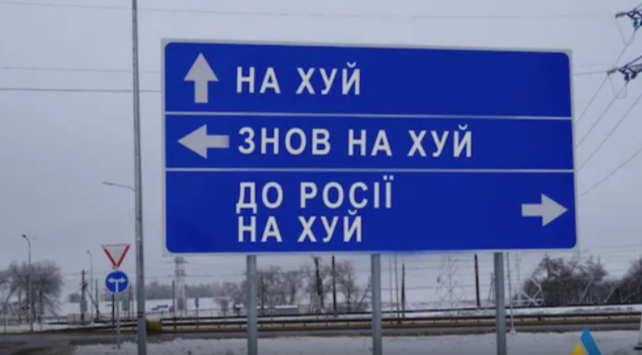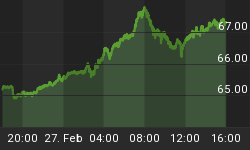In an effort to protect the safety of its users, Google has disabled live traffic features offered by Google Maps in Ukraine, because live traffic features are derived from data from users’ phones, which can be used by the Russians to track the movement of civilians.
Google said it suspended the feature for the safety of Ukrainians after consulting with regional authorities concerned that the Russians have used those tools to target crowded areas in Kyiv and other metropolitan locations in Ukraine.
Other major tech companies are also taking steps that will help protect Ukrainians from Russia’s invasion.
On Monday, Facebook suspended around 40 fake accounts targeting people in Ukraine that had promoted fake news articles about the invasion.
Amid a flood of Russian-backed disinformation related to the invasion, Twitter also said it would expand labeling content from Russian state-affiliated media websites.
Even though Twitter has been labeling Russian state-owned or affiliated media accounts since 2020, new rules apply to individual accounts sharing links from those sites. The company said that since the start of the invasion, there have been 45,000 shares per day of those links from individuals.
In addition to that, all three companies said they are blocking Russian state media from running ads on their platforms
"We are now prohibiting Russian state media from running ads or monetizing on our platform anywhere in the world," Facebook's head of security policy Nathaniel Gleicher said.
Previously, Facebook had said that Russia had ordered the company to "stop the independent fact-checking and labelling" of four Russian outlets.
For its part, Twitter said that its services are now restricted in Russia, while Russia's communications regulator Roskomnadzor said it is partially limiting access to Facebook, accusing the company of "censorship" of Russian media.
Roskomnadzor has reportedly ordered independent Russian media to remove reports describing the attack on Ukraine as an “assault, invasion, or declaration of war.”
The Russian communications regulator also accused several media outlets of spreading “unreliable socially significant untrue information” about the shelling of Ukrainian cities by the Russian army.
On Sunday, Roskomnadzor stated that it had demanded from Google that Russia media’s YouTube channels be restored in Ukraine, Reuters reported.
Last week, the authorities of Ukraine took steps to remove or replace all road signs that could be used by Russian forces to navigate the country.
"The enemy has poor communications; they cannot navigate the terrain. Let us help them get straight to hell, " Ukravtodor, the company in charge of building and maintaining roads, posted on Facebook last Friday.
It also said that directions have been replaced with profanities such as “Go f…. yourself back to Russia."

The company also urged all road organizations, territorial communities, and local authorities to immediately start dismantling nearby road signs.
That might additionally create issues for the Russian “traveling” troops considering that Moscow has previously banned mobile devices and social media use among its troops to prevent its movements from being tracked.
















